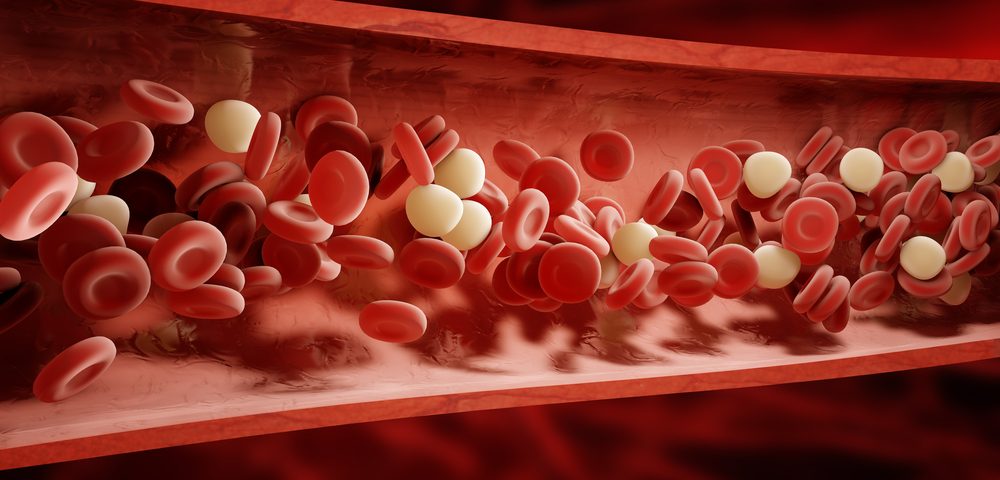Ordinary red blood cells could one day be used as a cancer vaccine, delivering specific cancer proteins to immune cells and launching strong immune responses against cancer cells.
France’s Erytech Pharma — which uses red blood cells as a natural delivery system of cancer proteins, or antigens — has presented the first of two poster presentations containing data from its ERYMMUNE program.
The first, “Erythrocytes used as tumor antigen delivery system to target antigen-presenting cells embodies an innovative approach for in situ cancer immunotherapy,” was unveiled at the March 7-9 World ADOPT Summit 2017 in London. The second, “Therapeutic vaccine using erythrocytes: innovative approach to target antigen-presenting cells for in situ cancer immunotherapy,” will be presented March 20-21 at the 10th Symposium of Vaccinology in Lyon, France.
The ERYMMUNE platform artificially ages red blood cells and targets most of them to the spleen, where they undergo phagocytosis by immune cells. When immune cells engulf the aged red blood cells, they encounter the tumor antigens and activate tumor-killing T-cells to specifically recognize cancer cells. The technology enables encapsulation of multiple tumor antigens within red blood cells.
Erytech has already encapsulated key tumor antigens, including ovalbumin, TRP2 (a melanoma tumor antigen) and PSA (a prostate tumor antigen) in red blood cells. When these cells were injected into mouse models containing tumor cells expressing such antigens, researchers observed strong T-cell-derived immune responses, including over 90 percent tumor cell death, compared to less than 5 percent when the antigen was not encapsulated.
“Results of this study are very encouraging because they show proof of concept that our ERYMMUNE red blood cell-based immune therapy technology significantly delays growth of tumors treated when key tumor antigens are encapsulated,” Erytech’s chief scientific officer, Alexander Scheer, PhD, said in a press release. “The ERYMMUNE platform leverages the biological mechanism of stimulating cancer-killing cytotoxic CD4 and CD8 T-cells specific to tumor-associated antigens encapsulated in red blood cells.”
Scheer said the study supports the therapeutic strategy of using red blood cells as carriers to induce efficient and antigen-specific immune response for effective cancer immunotherapy, “suggesting that this platform has immense potential in cancer immunotherapy and provides solid foundation for further investigation into the clinical benefit of this approach.”


